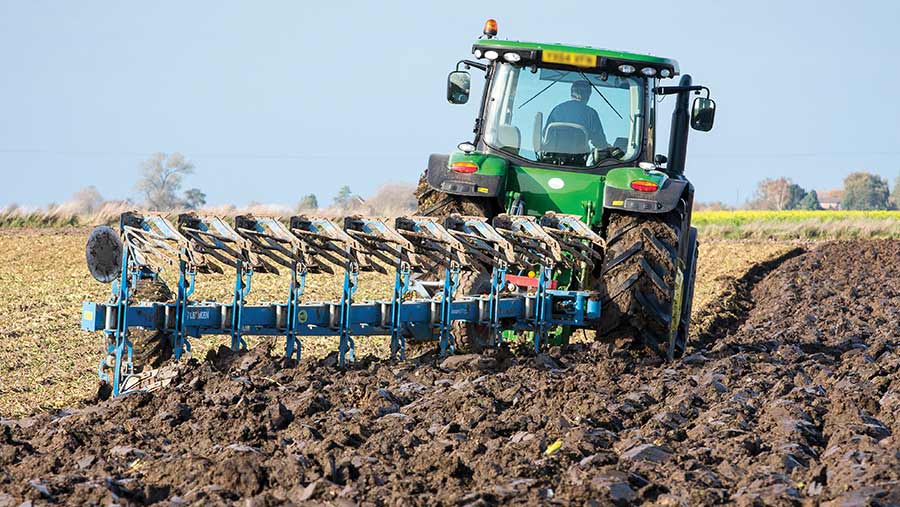Business Clinic: What should I be doing about carbon markets?
 © GNP
© GNP Whether it’s a legal, tax, insurance, management or land issue, Farmers Weekly’s experts can help. Lucy Merrill, an associate at Carter Jonas, advises on considerations in the carbon markets.
See also: Business Clinic: landowner questions on BNG issues
Q: I keep hearing about carbon markets but find the whole thing confusing – should I be doing anything about carbon on or from my farm?
A: There are multiple market structures which have evolved for the trading of carbon units.
The UK Emissions Trading Scheme (UK ETS) sits within the compulsory, compliance market; whereby the emissions of companies within energy and aviation sectors are capped at a certain limit and tradeable permits are issued to facilitate any excess emissions.
The voluntary marketplace functions independently of this scheme; meaning that any carbon units traded outside the UK ETS cannot be used to meet these regulatory obligations.
Companies can, however, purchase units for their own green agendas, sustainability strategies and internal emissions targets.
A carbon unit typically represents one tonne of carbon dioxide equivalent removed from the atmosphere; whether that be by peatland restoration leading to a reduction in emissions, or their removal and storage by planting trees.
There remains much confusion within this realm, and the complexity for assessing emissions within the agricultural sector is not to be underestimated.
Some of the challenges surround the assurance that the reduction in emissions would not have happened anyway, while others look to avoid double counting and multiple claims for one action.
This makes it all the more important that you are aware of what you have, what you are selling, to whom and for what length of time.
Integrity of credits
Two standards which arguably produce the greatest integrity of credits within the current marketplace are the Woodland Carbon Code and the Peatland Code.
The codes are government backed and adopt various eligibility tests together with standard methodologies for measurement to ensure that climate benefits sold are real, quantifiable, additional and permanent. Other codes are in development, including for saltmarsh, hedgerows and soils.
Projects under both codes are hosted on the UK Land Carbon Registry and are verified at different stages.
Pending Issuance Units, which are essentially a promise to deliver a verified tonne of carbon dioxide equivalent, can also be sold upfront of the project under these codes.
Assessing environmental performance
Turning now to on-farm carbon footprints and their role within voluntary markets, there are a number of “self-service” options with which to assess the environmental performance of your business; some of which are associated with independent certification bodies.
While efforts are in motion to harmonise carbon calculators, there is a difficult balance to be struck between the robustness of estimations and accessibility of the process for non-expert users, avoiding burdensome data requirements.
Recent research instructed by Defra suggests that many of the most widely used carbon calculators still generate a great divergence of outputs; although not one continuously gave higher or lower emissions when looking across different production systems.
The key, therefore, is consistency: once you have identified the right tool for your farming business in terms of precision and functionality, it will be important to adopt this each year to effectively measure progress throughout your decarbonisation journey and inform practical solutions.
Crucially, while there may not be a legal requirement at present, consider whether your own business or product needs to achieve net-zero status before entering into any scheme involving the sale of carbon units on the open market.
We recommend stepping back and taking an overarching, strategic approach to natural capital across your holding; protecting your assets and business from unintended consequences and effectively maximising opportunities across your farm or estate.
Do you have a question for the panel?
Outline your legal, tax, finance, insurance or farm management question in no more than 350 words and Farmers Weekly will put it to a member of the panel. Please give as much information as possible.
Email your question to FW-Businessclinic@markallengroup.com using the subject line “Business Clinic”.
